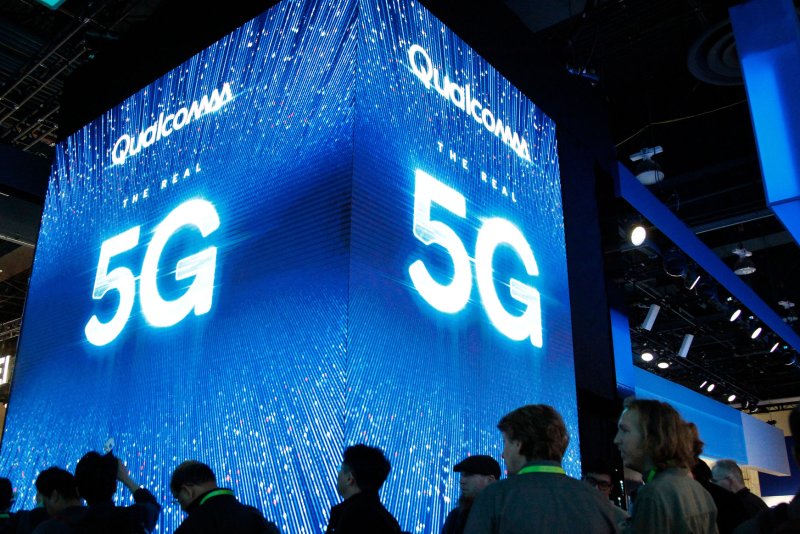A federal judge ruled Tuesday that Qualcomm violated antitrust rules in licensing products. File Photo by James Atoa/UPI |
License Photo
May 22 (UPI) -- A judge has ruled against chip maker Qualcomm in a federal antitrust suit, saying the firm illegally charged artificially high prices to license its technology.
U.S. District Judge Lucy Koh sided with the Federal Trade Commission in ruling that Qualcomm violated antitrust law, saying the firm is not entitled to a percentage of the entire cost of every phone that carries Qualcomm technology. Instead, she said in the 233-page decision, Qualcomm should receive a smaller percentage based on the technology used in phones.
For example, Koh noted, Qualcomm charged users of its patents a sales percentage on the entire phone, which can cost hundreds of dollars. The ruling said it can only charge for the cost of its modem chips or similar technology, which equals about $20.
"Lawyers explicitly stated that Qualcomm's licensing practices raised concerns about antitrust liability, but chose to continue those practices anyway, with full knowledge that Qualcomm's unreasonably high royalty rates violate Fair, Reasonable and Non-Discriminatory terms and that Qualcomm's licensing practices harm rivals," Koh wrote in the ruling.
"That willful, conscious decision to continue Qualcomm's licensing practices is further evidence of intent to harm competition. ... Evidence of Qualcomm's intent confirms the court's conclusion that Qualcomm's licensing practices cause antitrust harm."
Qualcomm has also been involved in another legal challenge over the matter. Last month, Apple and Qualcomm entered into an agreement over iPhone products. The two had planned to go to trial over Apple accusations that Qualcomm charged an unfair amount to license its patents.
Qualcomm is expected to appeal the decision.















